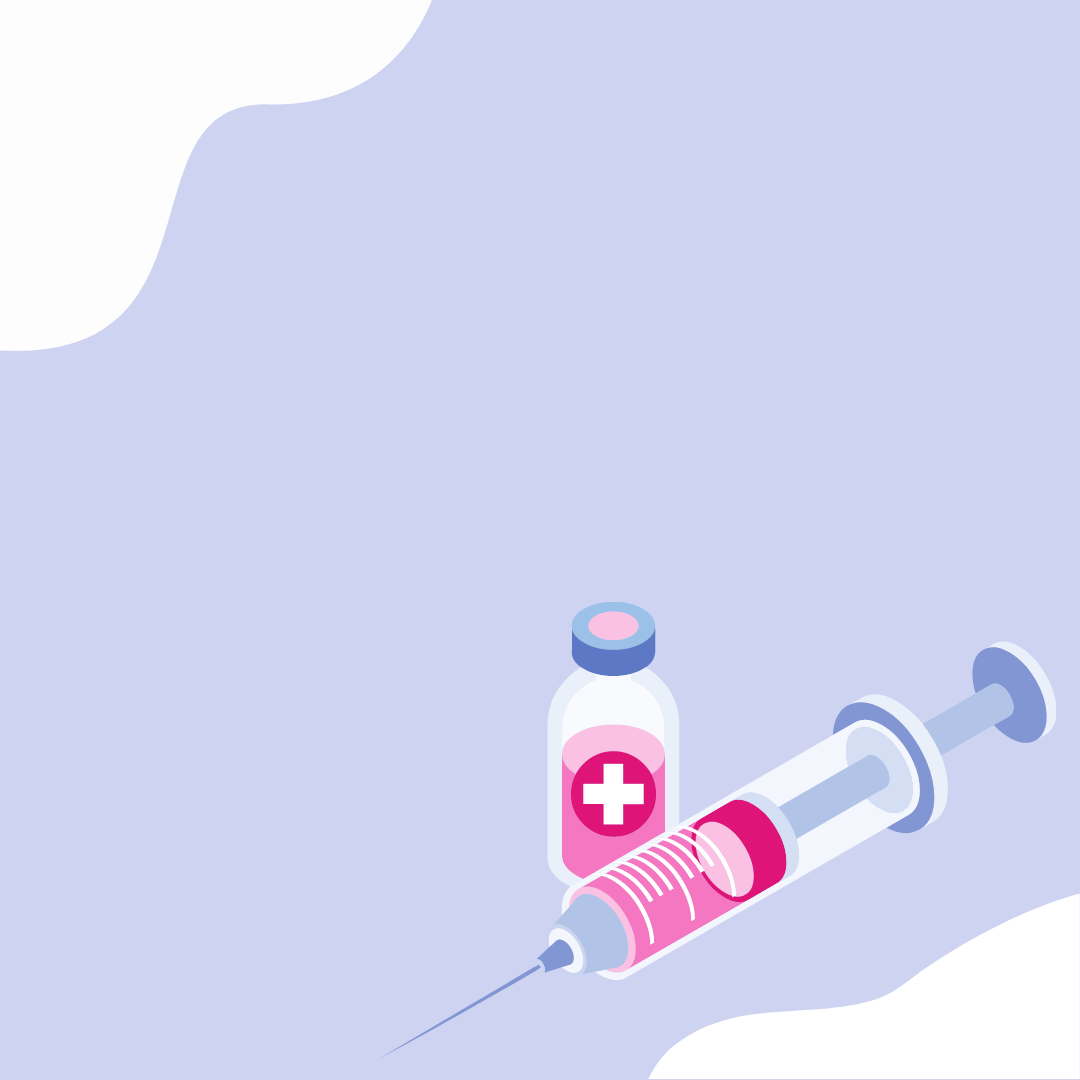“I put my trust in Allah and not in criminal pharmaceutical companies, or lying governments.” “I rest surely with Allah therefore my heart says I don’t need the vaccine.” “We never have and never should take unnecessary medicine in any form when we are healthy– period!” These are just some of the overwhelmingly negative comments posted under a video about Sheikh Mufti Menk, who has almost 2 million subscribers on Youtube, receiving the Sinopharm vaccine against COVID-19 earlier this year.
In the United States, the CDC has only authorized and recommended three vaccines: the Pfizer-BioNTech, Moderna, and Johnson & Johnson’s Jansenn COVID-19 vaccines. Some Muslims believe these vaccines are haram due to concern about the possible use of pork gelatin in their production. However, the Pfizer-BioNTech COVID-19 vaccine claims to “not contain any components of animal origin.” Moderna’s COVID-19 vaccine also claims to contain “no products from human or animal origin,” along with the Johnson & Johnson’s Jansenn COVID-19 vaccine, which claims to contain “no animal-derived proteins.” Hence, this suggests the vaccines are not haram to take. Another point of contention by Muslims, though, is the use of fetal cells taken from abortions in vaccines. For the most part, abortion is considered haram in Islam because in The Qur’an, God says to not kill children or a soul [6:151 and 17:33], although different schools of thought have varying opinions on the extent of this ruling. Both Moderna and Pfizera’s vaccines used fetal cells in the confirmation stage to test the efficacy of the vaccines, and the Johnson & Johnson’s Jansenn vaccine uses a human cell line in its manufacturing. However, no human cells are used for the ingredients inside the injections given to patients.
Thus, with all this information, UCLA undergraduate Eesha Sohail commented, “[The vaccines are] absolutely not [haram]. This is a protection of community health, in which case distribution of the vaccine is an imperative.” While other Muslim students shared the same sentiment, they admit there is some sense of caution towards the vaccines in the Muslim community. Third-year Rimsha Saeed believes that the vaccines are not haram but said, “I’ve heard rumors of so-and-so’s relative falling ill or passing away after getting the vaccine, but nothing on the media about that. It’s a bit concerning especially since long-term effects won’t be understood for a while yet, but I’m not opposed to getting it.” Sohail also noted, “I feel strongly about getting the vaccine, but specific communities of color have been historically targeted as medical guinea pigs and have every right to be wary of being a vaccine’s ‘test subjects.’”
While there definitely is some fear evident in minority communities, including Muslims, of the COVID-19 vaccines, first-year Najia Saleem noted that from her perspective, “It is definitely important that Muslims get vaccinated. I have personally lost two relatives to the coronavirus, and I have seen how it has transformed the burial process and impacted loved ones.” With the United States surpassing 500,000 individuals passing away from the virus, it is likely that more and more of our ummah will pass away from the virus if vaccinations do not occur at a higher rate. Therefore, it is exceptionally important that informed Muslims take a stand to combat distrust and misinformation in their communities. For those that do not yet have access to the vaccines, Islamic leaders have implored Muslims to follow the Prophet Muhammad’s advice on quarantining and taking other safety measures during a pandemic in the meantime.

